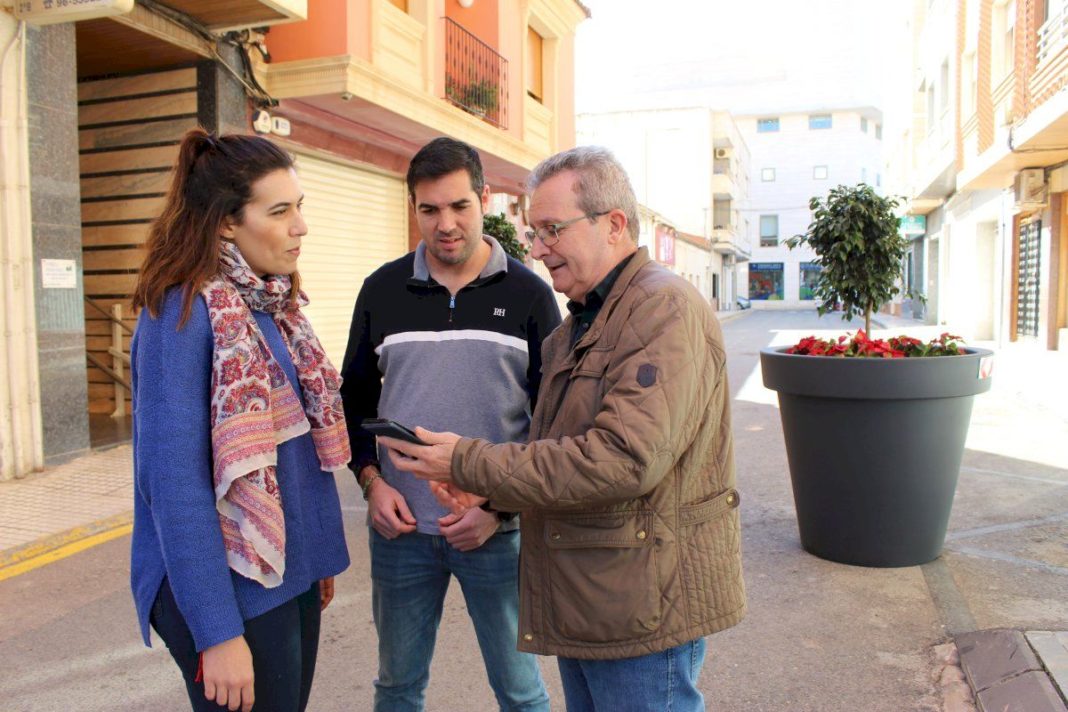The Municipal Socialist Group in the Pilar de la Horadada filed a request with the mayor, José María Pérez (PP), requesting “the immediate removal of the decorative elements and the signage that cuts off the streets around the town hall and the church of Pilar de la Horadada for the restitution of traffic and parking according to the previous situation.”
As they argue in their writing, “given the result and after having listened to the merchants and residents of the area, it can be concluded that the experiment has been a failure.” To the merchants of the historic centre of Pilar de la Horadada, to whom this initiative of the government team is directed, they explain from the PSOE that “it has significantly affected them in the Christmas and Epiphany campaign with drops in sales or cancellation of appointments”.
The Socialists affirm that “there are many residents who send us their rejection of pedestrianisation, coming to understand that a vast majority of the population is against it.” And they clarify that they are not only talking about the residents of the streets closed to traffic, who are the ones who suffer the inconvenience of not being able to access their homes or garages as easily as they did before, but of the residents of the entire town.
They also criticise “the insistence of the mayor and his councillors that pedestrianisation has the support of merchants and neighbours and that they make us see positive results that do not exist.” The socialist group already asked in the question and answer session of the December plenary session that the test be put to an end and obtained the refusal of the Popular Party government team. For its spokesman, Alfonso Armenteros, “it is one more example of that ‘popular arrogance’ with which they govern.”
For his part, the PSOE candidate for mayor of Pilar de la Horadada, has promised to undo the pedestrianisation of the streets around the town hall and the church if he wins the commanding rod in the elections next May. Antonio Escudero has affirmed that with the city council projects “there will be dialogue and not imposition”. “First the projects are worked on and agreed, they are not done and then the neighbours and merchants are pressured to support them,” added Escudero.





